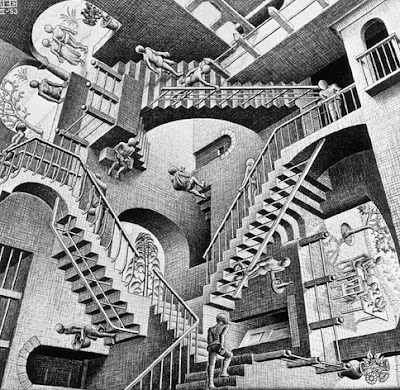 |
| UK Edition Cover |
Disgrace by J.M. Coetzee is a story of the relationship between man and history. Set in post-apartheid South Africa, it explores how the forces of larger historical change often translate perversely, at times antithetically, in the lives of particular individuals. Also, through the first half, the book dwells on the state of mind of an individual, who has been thrust upon with a pervasive sense of obsolescence in his personal and professional life by sociopolitical and personal events.
The protagonist of the story is the somewhat inscrutable David Lurie, a professor of Communication at a South African university who perfunctorily undergoes the ritual motions of teaching to a generation of students disinterested in his subject – Romantic Literature (the alien character of classical European studies in the African context is the subtext). He is twice divorced, has no intimate personal relationships and is sufficiently aware of his status as a reject of the changed circumstances of his life (personal and national life). He has an essentially pessimistic view of the corrigibility of man beyond a certain age and he persistently questions, both in soliloquy and through his conduct, the nature and effect of the Repression of instinctual desires, upon which the moral foundation of civilized society rests.






















